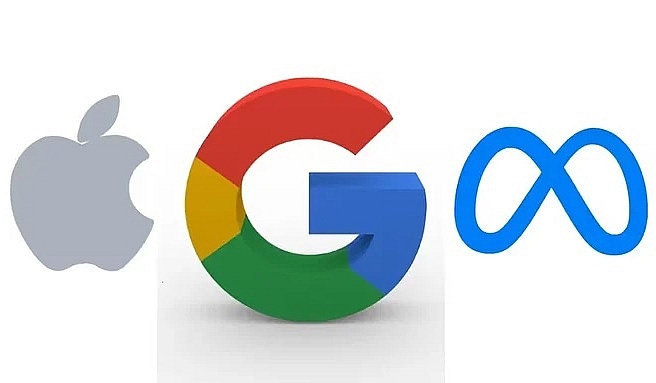In what’s shaping up to be one of the largest password breaches of the decade, 184 million passwords linked to Google, Apple, and Meta accounts have been exposed in a massive data hack. The leak, confirmed by multiple cybersecurity watchdogs, raises immediate concerns about account security, identity theft, and digital privacy.
What Happened?
Cybersecurity analysts began raising red flags when a massive trove of credentials surfaced on dark web forums earlier this week. These credentials—email-password pairs—are believed to have been collected over time through various phishing campaigns, database breaches, and malware exploits.
What makes this breach particularly concerning is that the data appears to be recent, with timestamps and login activity tied to Google, Apple, and Meta (formerly Facebook) services. These aren’t stale leaks from the past decade—they’re current and active.
Why This Matters
Google, Apple, and Meta control a huge slice of global digital identity. If you use Gmail, iCloud, or Facebook to sign into third-party apps or services, you could be directly affected. Even if your actual account wasn’t compromised, many people reuse passwords across platforms, making this breach a ticking time bomb.
Here’s why this breach is different:
- It’s massive—184 million credentials is no small leak.
- It affects tech giants that are often seen as the gold standard for account security.
- It potentially exposes linked services, meaning more than just your email is at risk.
What You Should Do Right Now
If you’ve ever had an account with Google, Apple, or Meta, take the following steps immediately:
- Change your passwords—Start with your primary email and social media accounts.
- Enable two-factor authentication (2FA)—This adds a second layer of protection even if your password is leaked.
- Check for unauthorized logins—All three companies offer account activity histories.
- Use a password manager—Stop reusing passwords. A manager can help generate and store unique ones.
- Monitor financial and connected accounts—If your email is compromised, so is everything linked to it.
How to Know if You’re Affected
Several breach-checking tools like HaveIBeenPwned.com allow you to search your email against known leaks. Google and Apple also notify users of unusual login attempts. Don’t ignore those alerts—they’re there for a reason.
What’s Next?
While the companies involved have not confirmed a direct breach of their own systems, this kind of data hack often reflects weaknesses in third-party apps or phishing campaigns rather than core infrastructure. Regardless, the fallout is real. Millions will need to reassess their security hygiene in the wake of this exposure.
The dust is still settling, but the lesson is clear: even the most trusted platforms are not immune. Stay alert, stay updated, and take action.



